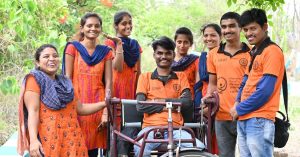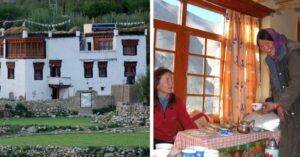Presenting: The Better India’s Best of 2020 – Heroes of Sustainability
The Better India’s Heroes of Sustainability have dedicated their lives to protect the planet — planting huge forests, helping hundreds lead sustainable lives, or even saving entire species. And these heroes have no plans to stop until the Earth heals.
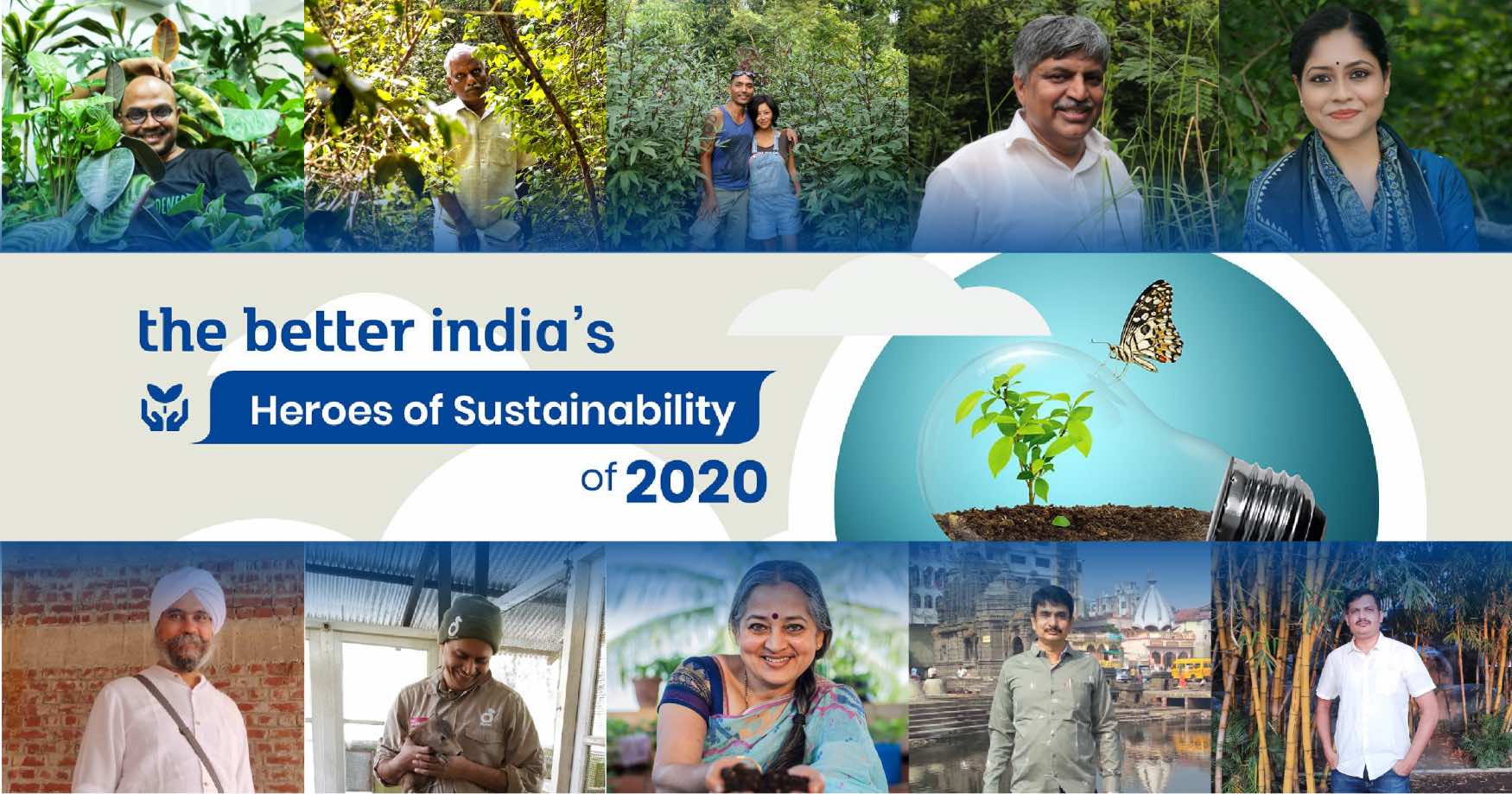
This article is a part of The Better India’s ‘Best of 2020’ — A list of 60 awesome changemakers recognised and honoured by The Better India this year. This is a celebration of remarkable people who exhibited courage, grit, passion, innovation, compassion and above all else, humanity. Find out all about them here.
2020 has been overwhelming. Along with the enormous human tragedy, many felt a small silver lining was the ‘recovery’ the world’s natural environments seemed to go through during our enforced stays at home. However, this optimism is slightly misplaced. Any gains were short term, and the long term reasons behind degradation remain fundamentally unchanged. In 2020, like in any other year – many development projects were approved through biodiversity spots, national parks, and even the water bodies.
But even during all the human threats to the environment, there are many ‘Captain Planets’ working quietly to revive how much ever the environment they could.
Of the many natural healers that we reported across the country this year, The Better India has curated ten environment crusaders who inspire in a real sense, and whose work has had long term impact.
We hope these environmentalists’ amazing work gives the right motivation to start the coming year with a new zeal and spirit to save the planet.
Malaksingh Gill
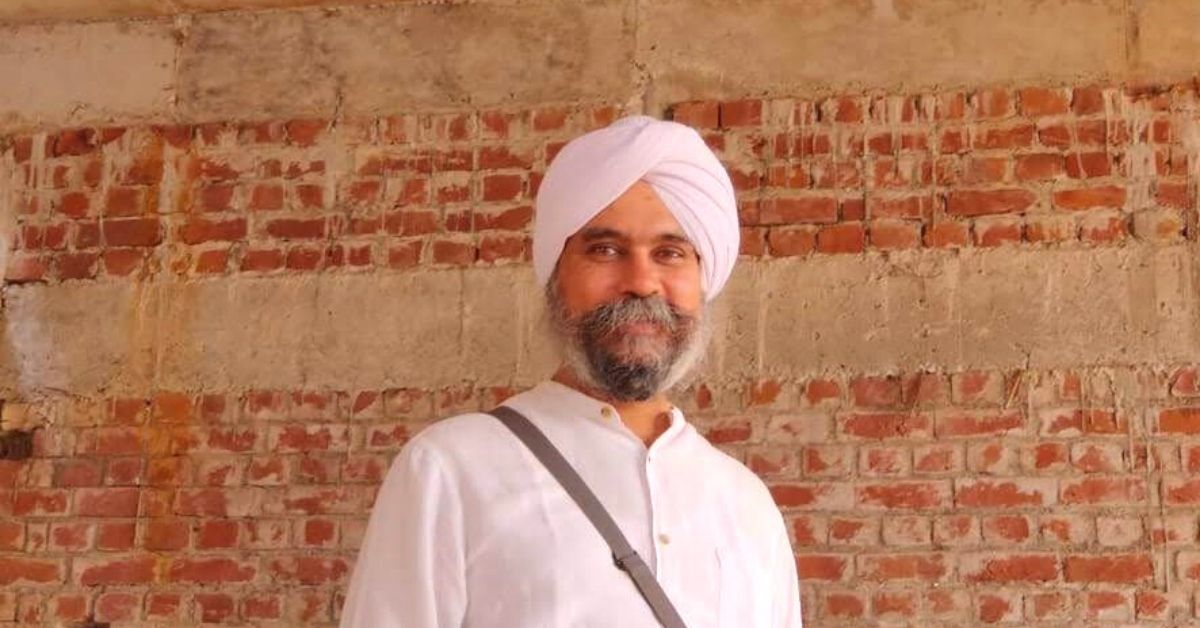
For 17 years now, Malak Singh Gill has been using bamboo, mud, lime, wood and brick to build low-cost environment-friendly homes across India. What reduces his creations’ carbon footprint is Malak’s strict principle to procure materials within a kilometre to the place of construction, emphasising using a local workforce and merging the property with the landscape.
Malak says, “The building sector is one of the biggest generators of employment, and during the pandemic, we have observed the painful exodus of migrant construction workers, amongst others.”
He adds that one of the effects of his working policy of sourcing locals has been that none of his on-going projects had local artisans stranded away from their people and homes despite the lockdown. “No one lost a job or had to return home as they worked in the vicinity of their residences. The effort is an example of how a resilient local socio-economic system can be created while protecting fast-depleting natural resources,” Malak says.
Malak adds, “We have inherited a beautiful planet, and our children will know that we had a choice to keep it that way. Let us choose well for our children.”
D Saravanan
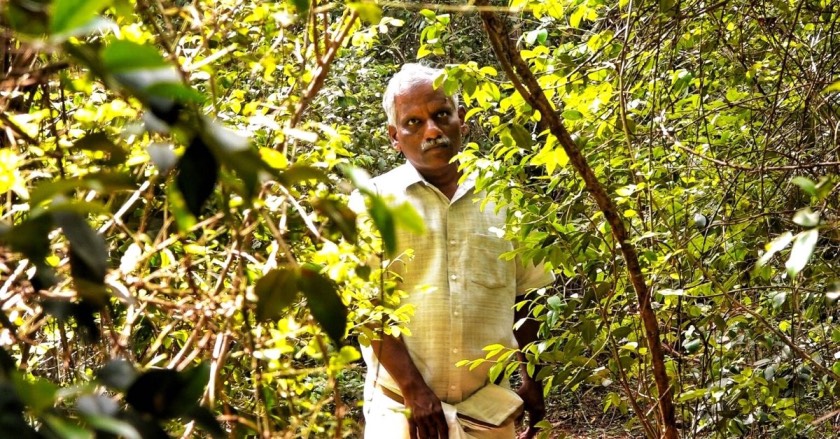
While many of us take satisfaction in planting a few trees, the 52-year-old Saravanan took on the mammoth task of collecting indigenous seeds and planting a 100-acre forest in a barren land – all by himself.
After 25 years of effort, his forest has become home to 240 varieties of birds, over 50 species of butterfly, 20 types of snakes, and increased the water table by 40 feet.
Saravanan has a strong message for the future generations.
“Saving forests is the only way to protect our future. Nature is in a very tough situation with crippling deforestation and road developments by humans. We have to act strong and do it now before it is too late. There has been enough awareness of the importance of the environment. It is time to think about how we can do it today,” Saravanan says with a sense of urgency.
Patanjali Jha
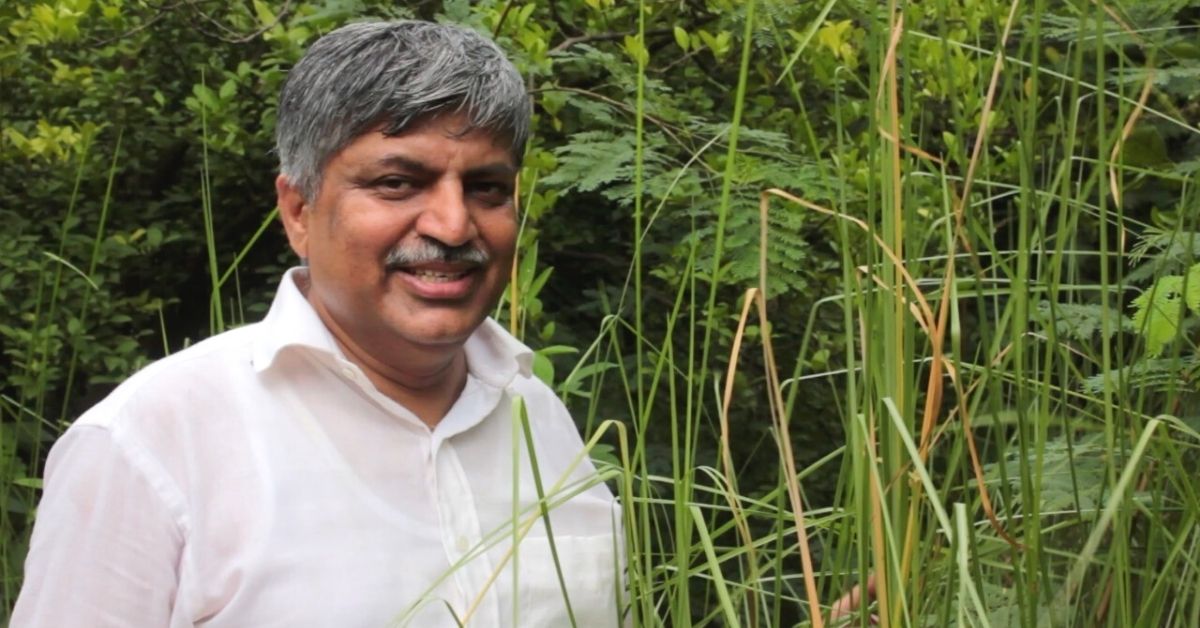
While many of us contemplate if nature and economy can go hand in hand, an IRS officer has shown it can by setting up food forestries in Madhya Pradesh and Bihar.
Toiling for over two decades, Patanjali Jha has created 100 acres of food forests, impacting the livelihoods of 150 farmers. With a range of trees having commercial and medical value, the forest is self-sustained with pollinating bees and grasslands.
Patanjali says, “Food forestry involves tree-based multi-layer growing of plants. The plants of different species intermingle and support each other’s growth. The big plants protect the smaller from harsh sunlight and weather conditions.”
The officer says the exceptional diversity in plants blended with grasslands helps mitigate thousands of kilos of carbon emissions, enrich the land with micronutrients, and fix nitrogen and cool temperatures in the area.
“Adopting the system at large will benefit thousands of farmers in creating livelihood and heal the environment,” he adds.
Anshu Pragyan Das

This forest officer has given India its first eco-forest and has a zero-tolerance policy towards single-use plastic.
Anshu Pragyan Das, the Odisha forest officer transformed Muduligadia, a tiny hamlet in the Nayagarh district of Odisha by developing 45 eco-tourism centres.
The self-sustained model is the only example in India, where 80 per cent of the earnings from eco-tourism go directly to pay community wages. The no-litter policy and single-use plastic policy leaves the visitor mesmerised to see a landscape without litter.
The consolidated measures helped the village earn Rs 2 Crore in three years between 2017 and 2019.
“Disciplined Government officials, strict enforcement for controlling hunting, creation of more breeding space for wildlife, smoothing conflict and minimising the dependence from the forest – are the key solutions for achieving conservation goals,” she says.
Parag Deka
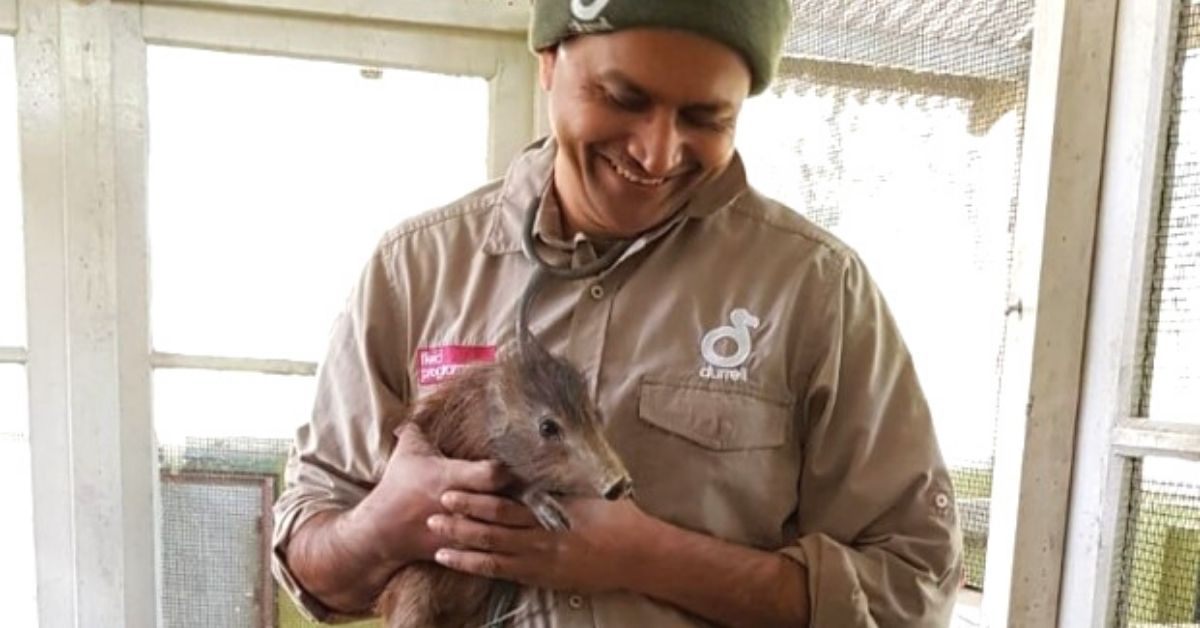
As Parag Deka puts it, he has spent one human life to prevent an entire species from getting wiped from the surface of the planet.
As a child, Parag from Assam has always contributed his bid to save birds and animals. But a veterinarian and conservationist have made his life a mission to save the world’s tiniest pig Pygmy Hog from going extinct.
About the size of a cat, the pygmy hogs measuring 60 cms long and 25 cms tall are endemic to the grasslands of Assam at the foothills of Himalayas.
With Parag’s efforts, there are 300 pygmy hogs in the wild and more waiting to be released to survive in the harsh environment.
“Imagine this planet without human species. It will change the way the planet functions. It is similar if we lose a pygmy hog too. It will be like a loss of a family.”
Devang Jani
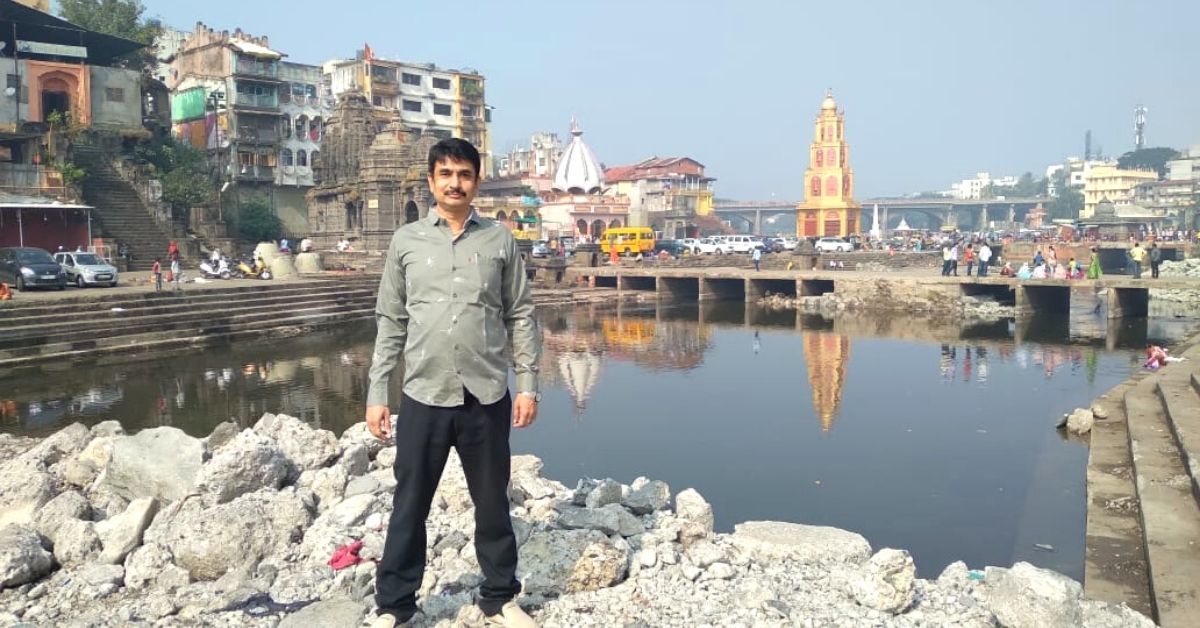
Five years ago, Devang Jani from Nashik in Maharashtra knocked the Bombay High Court doors demanding to remove tonnes of concrete dumped on the Godavari riverbed.
Referring to historical evidence, Devang demanded the natural springs be choked under the concrete for 19 years to be freed. After presenting facts and convincing the court, the Bombay HC directed the Nashik Municipal Corporation (NMC) to take appropriate steps to remove concrete from the 12 ponds along the 12 km stretch.
His efforts bore fruit when in 2018, the local governing body removed 200 tonnes of concrete from two ponds alone.
In December 2020, Devang tasted new success after his claims were proven right. The NMC drilled the concrete in Ramkund area to check if the historical documents presented by Devang were true.
“Drilling about 1.5 inches in the ground sprung a fountain of water. This shows the natural springs are alive and could help rejuvenate the dying river and revive the ecosystem,” he adds.
Devang says, “The rivers, tributaries and streams are traditional and nature’s system to recharge groundwater. We have ensured that they remain healthy and free from pollution.”
He adds that reviving rivers are far more efficient than the rainwater harvesting method used to recharge depleting groundwater levels. “Such natural measures also help to recharge the aquifers and recover the ecosystem for flora and fauna of the river to thrive,” he adds.
Yogesh Chavan
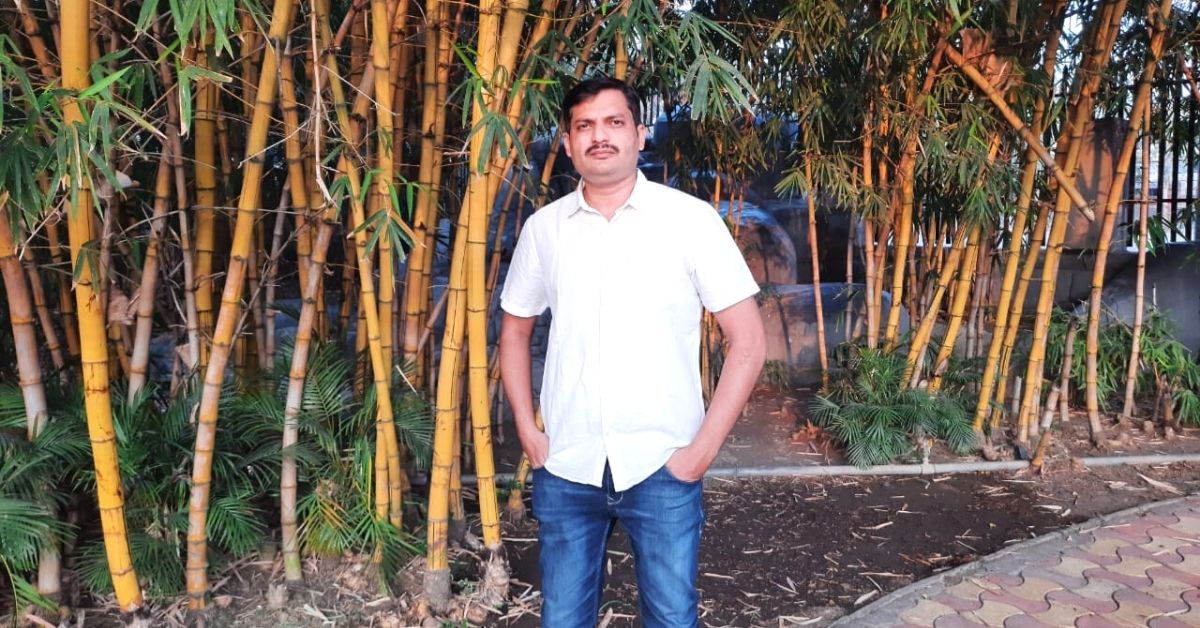
35-year-old Yogesh Chavan from Dahigaon village near Satara in Maharashtra has shown how water as a resource can help a village become self-sustaining and reduce migration.
Since 2017, Yogesh undertook conservation efforts and pulled CSR funds to increase the village’s groundwater levels. Building check dams, desilting water bodies, and arresting water, along the river Vasana flowing through the village helped achieve the feat.
Yogesh says, “Water is a crucial asset for the development of the village and its economics. The rural population is more dependent on water because of agriculture activities. As the drought-prone village, Dahigaon became tanker-free, the migration of youngsters to the city reduced.”
Yogesh suggests that companies spending on CSR should focus more on rural development through conservation efforts rather than concentrating on the urban landscape.
Sidhartha Blone and Shweta Pradhan
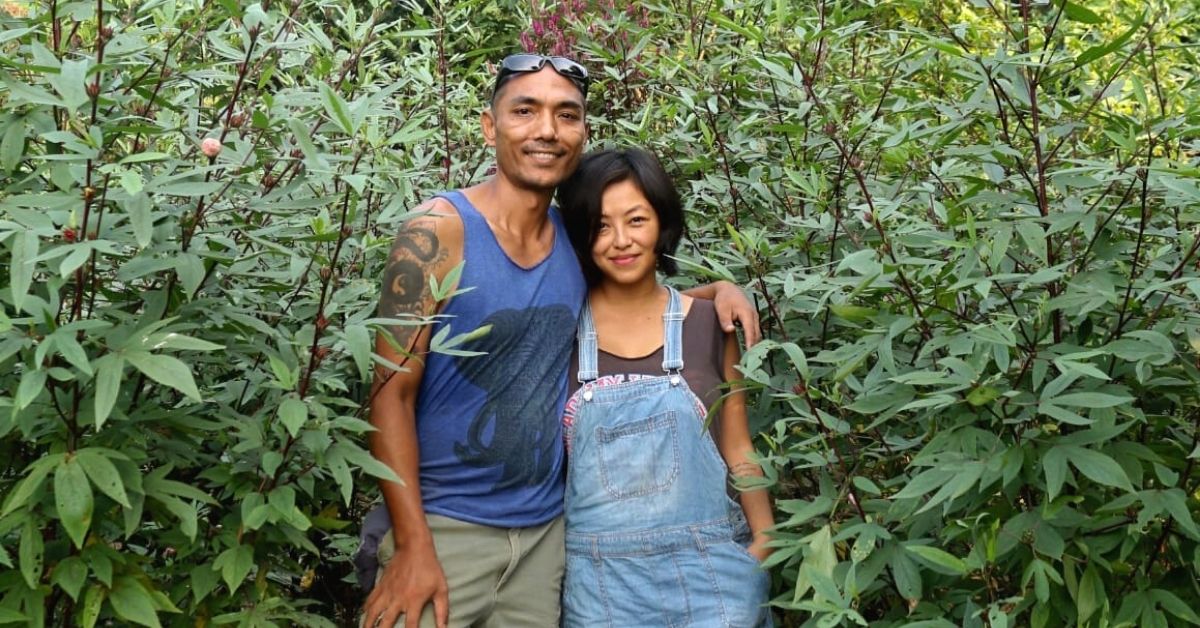
Siliguri-based couple Sidharta Blone and Shweta got on a mission in 2012 – to live a plastic-free life.
Tired of a polluted lifestyle, they quit their jobs decided to develop a permaculture-cum-farm and education centre in the Neora forests in Gorubathan village, 65 kilometres from Siliguri.
The couple now lives an organic, plastic-free and zero-waste lifestyle. Over the years, the duo has also succeeded in convincing the locals to give up tetra-packs and unhealthy food, replacing it with pride for local food and biodiversity.
The couple has a clear message for others to follow. “We are keen for a world of less ‘stuff’ and more nature, less travel and more quality time with family and loved ones and doing the things that matter to you. COVID-19 pandemic has allowed a reflection to see what aspects of life value to us. We must embrace this new normal as a blessing and move forward with that,” Sidhartha says.
Shweta adds, “Being sustainable is not enough; it’s time that we all have to think and act in regenerative terms for our own and the planet’s longevity.”
Vani Murthy
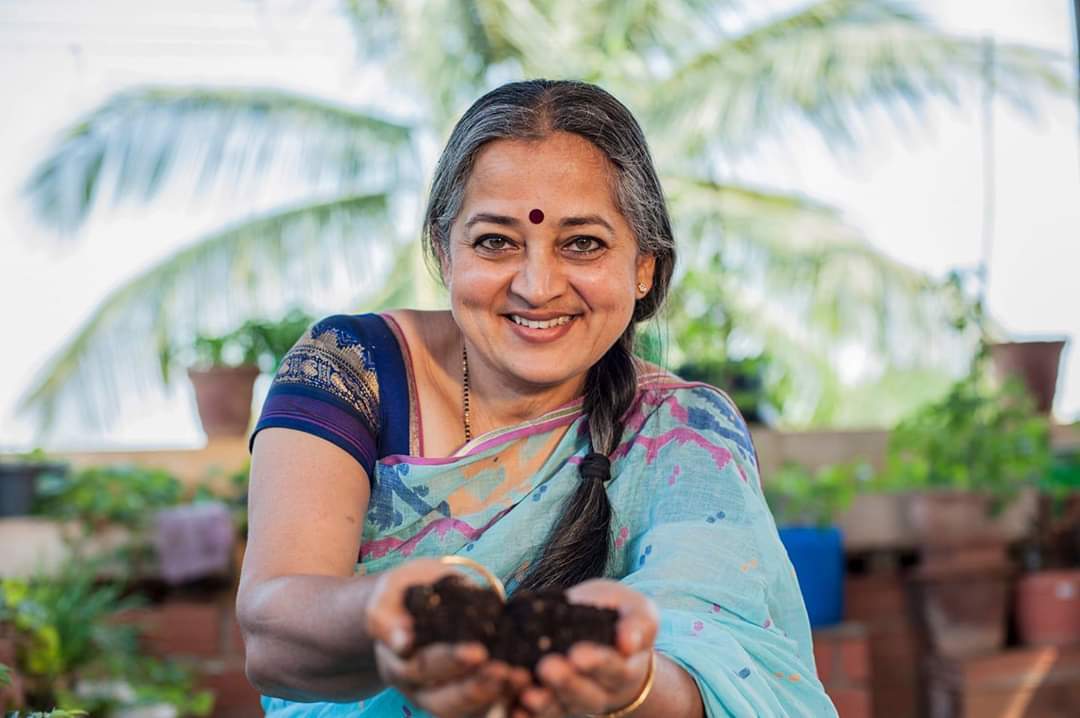
Vani Murthy has three mantras in life – compost, grow and consume safe food. A resident of Bengaluru, Vani is fondly called Wormrani (Queen of worms) for her identity as a composting crusader.
For almost two decades, Vani has encouraged the urban population to reduce kitchen waste, compost it in a garden or a balcony and grow their food from it.
“We need to complete that cycle by treating the waste at the source,” Vani says.
The expert says it is important that every individual should compost their waste at home. “Not segregating the waste at source ends up in landfill which is mixed with non-recyclable or other wastes. Such mismanagement wastes the precious resource that can be useful for the environment and reduce greenhouse gases,” she adds.
Urging the residents to recycle waste, Vani says that composting will reduce the government’s burden on infrastructure. “It will save crores and serve as revenue, reduce pollution due to landfills and help citizens live a sustainable life,” she adds.
Vinayak Garg
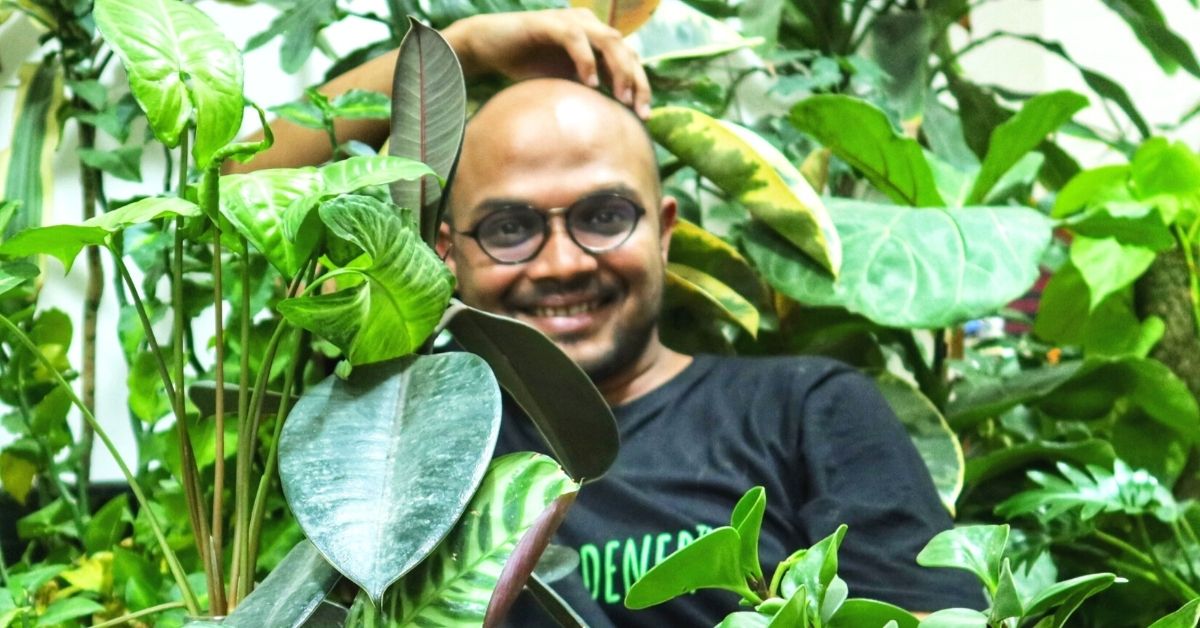
Vinayak is a founder of the startup Lazygardener, launched in 2019 to help people connect with nature.
Within a year, the IIT Delhi alumnus garnered over 293,000 followers on Instagram and wants one million gardeners to embark on a journey of urban gardening to save the environment.
Vinayak says the thought – every drop forms an ocean – applies to plants as well. “Even having a single plant at home can help a person get closer to nature and understand conservation,” he adds.
The urban gardener suggests starting simple and easy with one plant. “ Even if it is not enough, you are still contributing in some way and making people more aligned and sensitive to nature. Seeing a plant growing the lifecycle of blooming, bearing flowers and fruits gives a sense of peace and creates a bond with nature,” he adds.
This story made me
-
97
-
121
-
89
-
167
Tell Us More
We bring stories straight from the heart of India, to inspire millions and create a wave of impact. Our positive movement is growing bigger everyday, and we would love for you to join it.
Please contribute whatever you can, every little penny helps our team in bringing you more stories that support dreams and spread hope.






